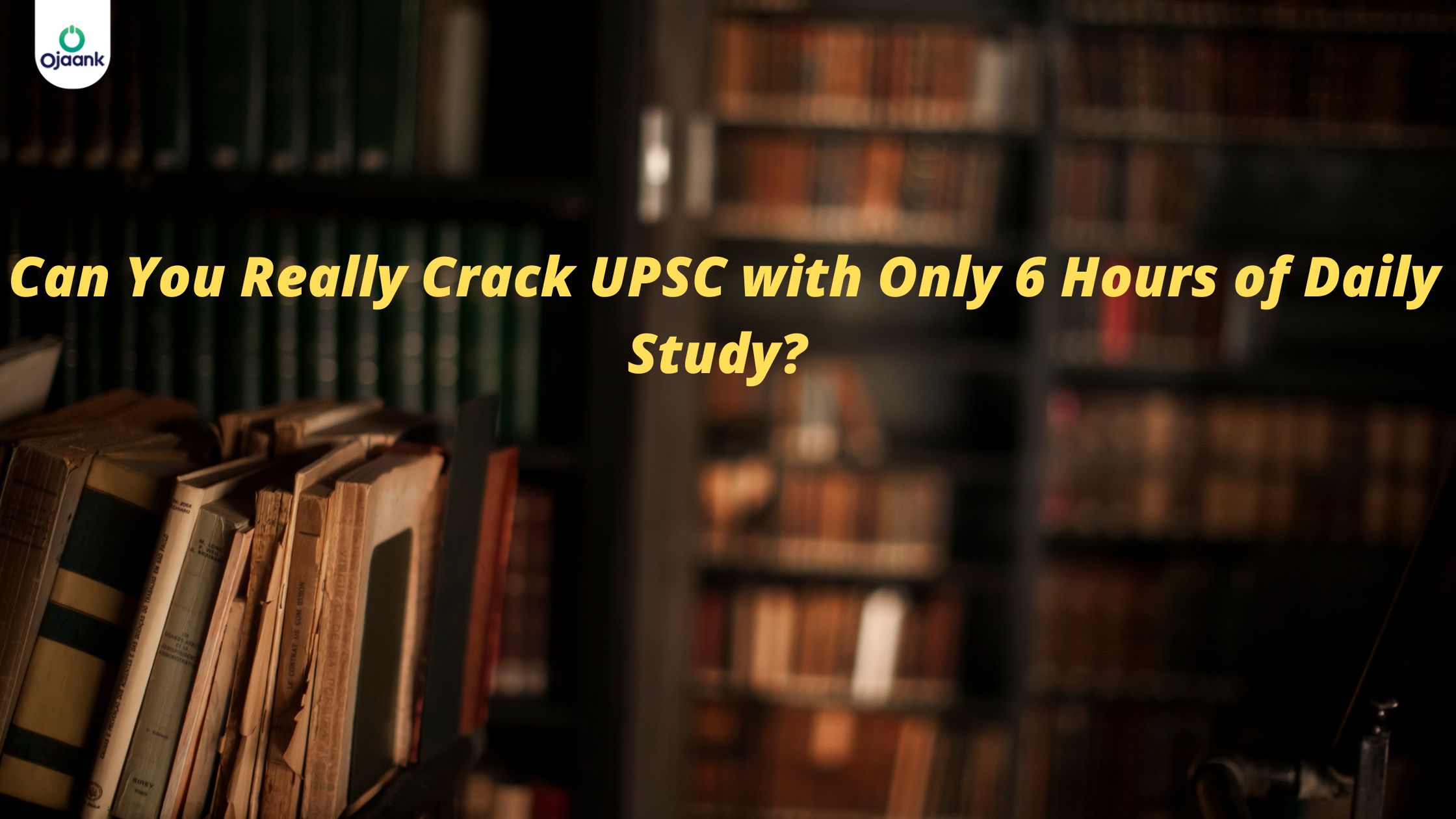Can You Really Crack UPSC with Only 6 Hours of Daily Study?

Can You Really Crack UPSC with Only 6 Hours of Daily Study?
1. Understanding the UPSC Examination
Overview of the Exam
The Union Public Service Commission (UPSC) examination is often considered the ultimate test of intellectual mettle and perseverance in India. It is primarily conducted to recruit candidates to various civil services of the government, including the prestigious Indian Administrative Service (IAS), Indian Foreign Service (IFS), and Indian Police Service (IPS).
Exam Structure and Components
The UPPC examination process is divided into three critical stages:
-
Preliminary Exam (Prelims): This stage features two objective-type papers meant to serve as a screening test.
-
Main Exam (Mains): Consists of nine papers, including essay writing, English, Indian language, and papers on general studies and optional subjects, which are descriptive in nature.
-
Interview/Personality Test: Candidates who clear the Mains are summoned for a personality test which assesses their suitability for a career in public service.
Success Rates and General Statistics
Given its rigorous nature and the broad spectrum of subjects it covers, the UPSC exams have one of the lowest success rates among competitive exams in India, typically less than 1%.
2. Study Time Analysis
Typical Study Schedules of Successful Candidates
Successful candidates often report varying study times, but most suggest rigorous preparation often going beyond six hours daily, especially closer to the examination dates.
Quality vs. Quantity of Study Hours
It isn't merely the hours that count but what you do with them. Structured, focused study sessions are far more effective than longer, unfocused ones.
Case Studies
Real-world cases reveal instances of candidates who have aced the UPSC exams with about 6 hours of daily dedicated study topped with revision, strategic breaks, and mock exams.
3. Essential Study Techniques and Time Management
Effective Study Techniques
Utilizing techniques like the Pomodoro Technique, Feynman Technique, and active recall can significantly enhance the retention of vast amounts of information.
Time Management Strategies
Managing time effectively involves planning your study schedule around peak productivity times, setting realistic goals, and adhering strictly to the timetable.
Balancing Study with Wellbeing
Balancing preparation with physical and emotional wellbeing is crucial. Regular breaks, physical activities, and a balanced diet are essential for maintaining stamina throughout the preparation period.
4. Syllabus Coverage and Prioritization
Analyzing the Syllabus
The UPSC syllabus is extensive. Understanding the breadth and depth of content expected is the first step in strategizing your preparation.
Strategic Syllabus Coverage
Tackling the syllabus with an integrated approach—by linking current affairs with static parts of the syllabus—can optimize preparation and enhance understanding.
Importance of Prioritization
Focusing more on high-yield topics and previous years' question papers can help in scoring better with comparatively less effort.
5. Leveraging Support and Resources
Choosing the Right Resources
Selecting the right books and materials is critical. Standard texts for basic concepts, complemented by advanced books and current affairs resources, are recommended.
Role of Coaching and Self-Study
While coaching can provide guidance and a structured approach, self-study allows for flexibility and can be equally effective if done right.
Use of Technology and Online Platforms
Online resources, educational websites, apps, and forums can supplement traditional study methods and provide insights into complex topics and trends in the examination.
Summary
Balanced preparation with six hours of focused daily study, complemented by efficient use of resources and techniques, makes cracking the UPSC exam a feasible goal. However, this requires dedication, strategic planning, and consistent effort.
FAQs
Q1: Is 6 hours of daily study enough for someone new to UPMy preparation?
-
Six hours can be sufficient if used wisely, focusing on quality study and consistent revision.
Q2: How can I increase my study efficiency for UPSC?
-
Adopt active learning techniques, prioritize topics, and regularly practice with old papers and mock tests.
Q3: What are the essential subjects I should focus on during my 6-hour study plan?
-
Prioritize subjects based on the syllabus weightage and your personal strengths and weaknesses.
Q4: Can I work a full-time job and still prepare adequately with only 6 hours of study daily?
-
Yes, many have succeeded by doing so, but it demands exceptionally good time management.
Q5: How should I alter my study plan as the exam approaches?
-
Shift towards revision, focus more on test-taking strategies, and solving previous years' papers.